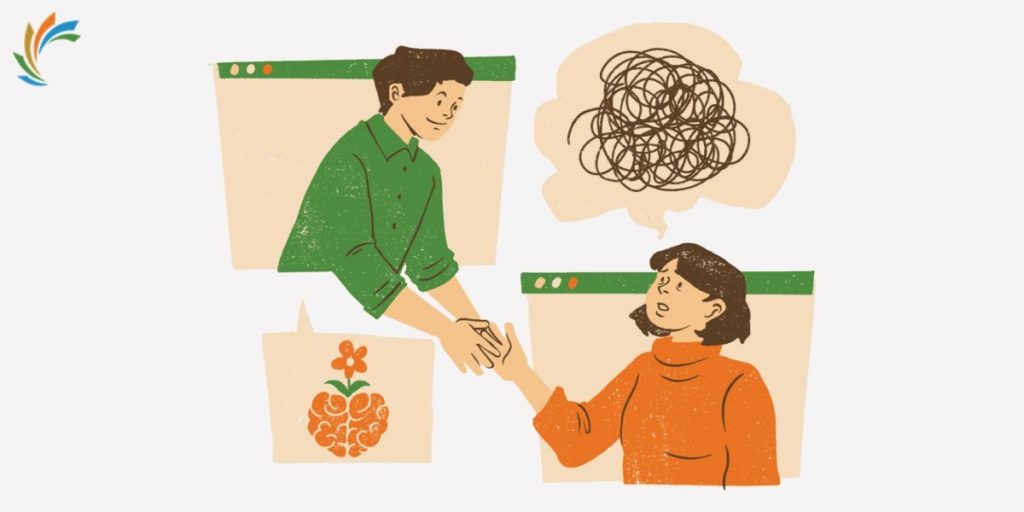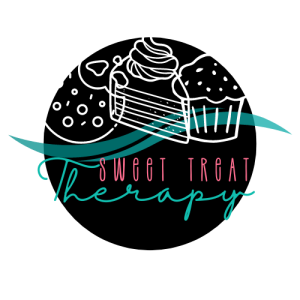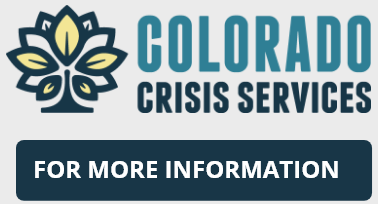
Understanding Mental Health
Understanding mental health is crucial in fostering a compassionate society. It involves recognizing that mental health concerns are as real and complex as physical illnesses. Mental health challenges can affect one’s emotions, thoughts and behaviors. There are some more common mental health disorders, such as anxiety and depression, but there are also more severe forms, including schizophrenia and bipolar disorders. Mental health challenges can emerge due to various factors including, but not limited to, genetics, environment and life experiences. Decreasing the stigma around mental health is critical. Through education, promoting open discussions and increasing awareness and empathy, the stigma supporting mental health can be dispelled. By decreasing stigma, we can encourage individuals to seek the help they need and support them on their journey toward mental well-being.
Common Signs and Symptoms of Mental Health Disorders
Mental health signs and symptoms are not universal, making it hard to identify. Often, individuals experience signs and symptoms common to mental health concerns. The persistence and effect on the ability to function can indicate whether a mental health disorder is present.
- Feeling sad or down
- Confused thinking
- Reduced ability to concentrate
- Excessive fears or worries
- Extreme high and low moods
- Withdrawal from friends and social activities
- Low energy or significant tiredness
- Detachment from reality
- Inability to cope with daily stressors
- Trouble understanding or relating to people
- Problems with substance use
- Major change in eating habits
- Sex drive changes
- Excessive anger
- Suicidal thinking
Ways to Support Someone Experiencing a Mental Health Challenge
SAMHSA has created a useful article that can help you support your friend or family member who is experiencing mental health challenges. Recognizing the signs of mental health challenges and connecting them to professional help is a critical step. Starting conversations and talking to your friends and family members offers the opportunity to provide information, support and guidance. By learning about mental health challenges, you can improve your recognition of early signs of mental health problems, encourage early treatment prevention and increase understanding and compassion.
If a friend or family member is showing signs of a mental health challenge, you can offer support by:
- Finding out if the person is getting the care they need.
- Connecting them to help
- Expressing your concerns compassionately
- Reminding them that mental health problems can be treated and there is help available
- Asking questions, listening and being responsive when discussing mental health challenges
- Offering to help out with daily tasks
- Including the person in your plans and continue to invite them if they don’t attend
- Educating others to decrease stigma and promote awareness about mental health
Destigmatizing and Advocacy
All individuals can play a significant role in advocating for mental health. Advocating for mental health involves raising awareness, reducing stigma and influencing policy to improve the lives of those who experience mental health conditions. Advocacy efforts, no matter how big or small, contribute toward a society supportive of mental health. Here are some ways you can advocate for mental health:
- Educate yourself and others by learning about mental health and sharing your knowledge with others
- Share your personal stories if you are comfortable
- Support others
- Volunteer with mental health organizations or programs
- Participate in awareness events
- Advocate for policy change by contacting your local representative
- Join advocacy groups
Resources
Obtaining information and educating yourself can be very helpful when trying to support someone who is experiencing a mental health issue. Seeking help for a loved one or yourself is not a sign of weakness; it is a sign of strength. If you or someone you know has a mental health, substance use or emotional concern, call Colorado Crisis Services at 844-493-TALK (8255) or text the word TALK to 38255. There are many organizations that can help support mental health.
Mental Health America offers free online screening tests for depression, anxiety, ADHD, PTSD and bipolar disorder for a range of ages in both English and Spanish. Taking an online screening is one of the easiest ways to determine whether or not you are experiencing symptoms of a mental health condition. Mental Health America also has DIY Tools that can help you improve your mental health on your own, as well as resources that help you find mental health treatment and support in your local area and online.
The Substance Abuse and Mental Health Services Administration (SAMHSA) has a service named “FindTreatment.gov,” which is a confidential, anonymous resource for people seeking treatment for mental health and substance use disorders in the United States. SAMSHA’s 988 Suicide & Crisis Lifeline works to prevent suicide by providing free and confidential support for people in distress. It offers prevention and crisis resources for you or your loved ones. You can call or text 988 24 hours a day for support.
The Trevor Project is the leading suicide prevention and crisis intervention nonprofit organization for LGBTQ+ young people. You can call, text, or chat with a trained counselor 24/7 for support or information.
Centennial Mental Health Center provides compassionate and comprehensive mental health and substance use disorder services to members of our northeastern Colorado Community. We offer client-centric care that can help individuals, families and communities enhance the quality of their lives. Call your local Centennial office, or visit our website to learn more about the help and support we can offer!











